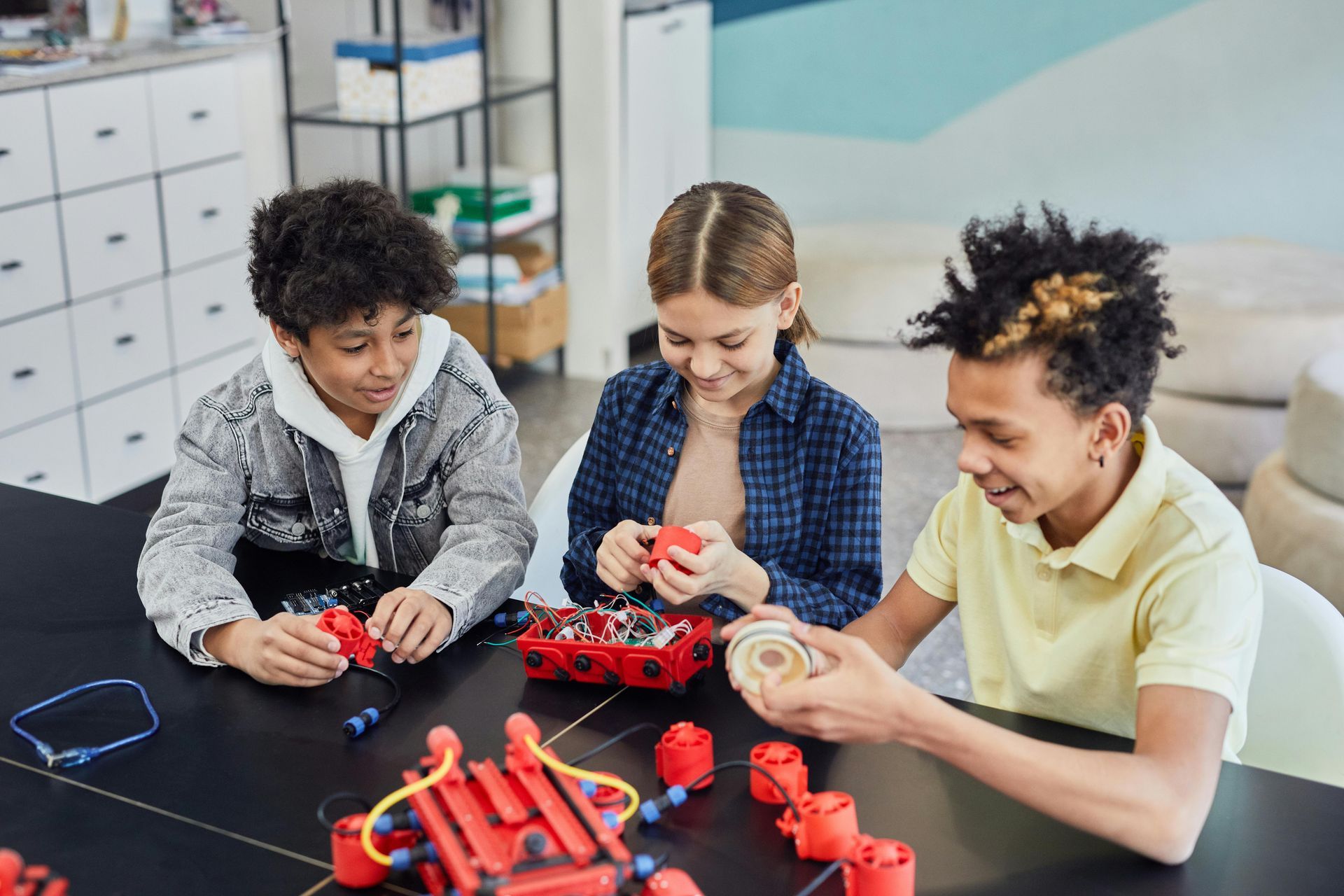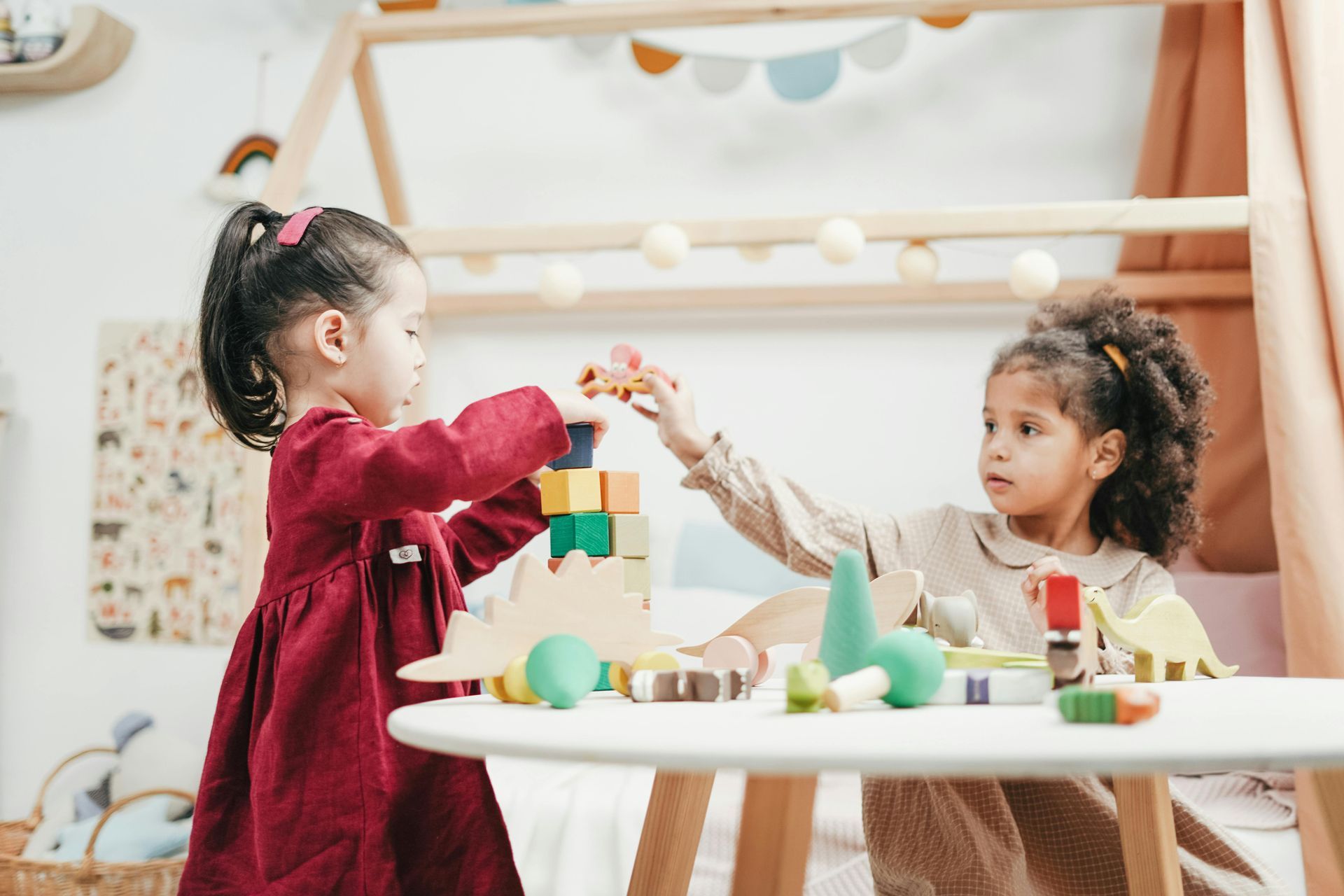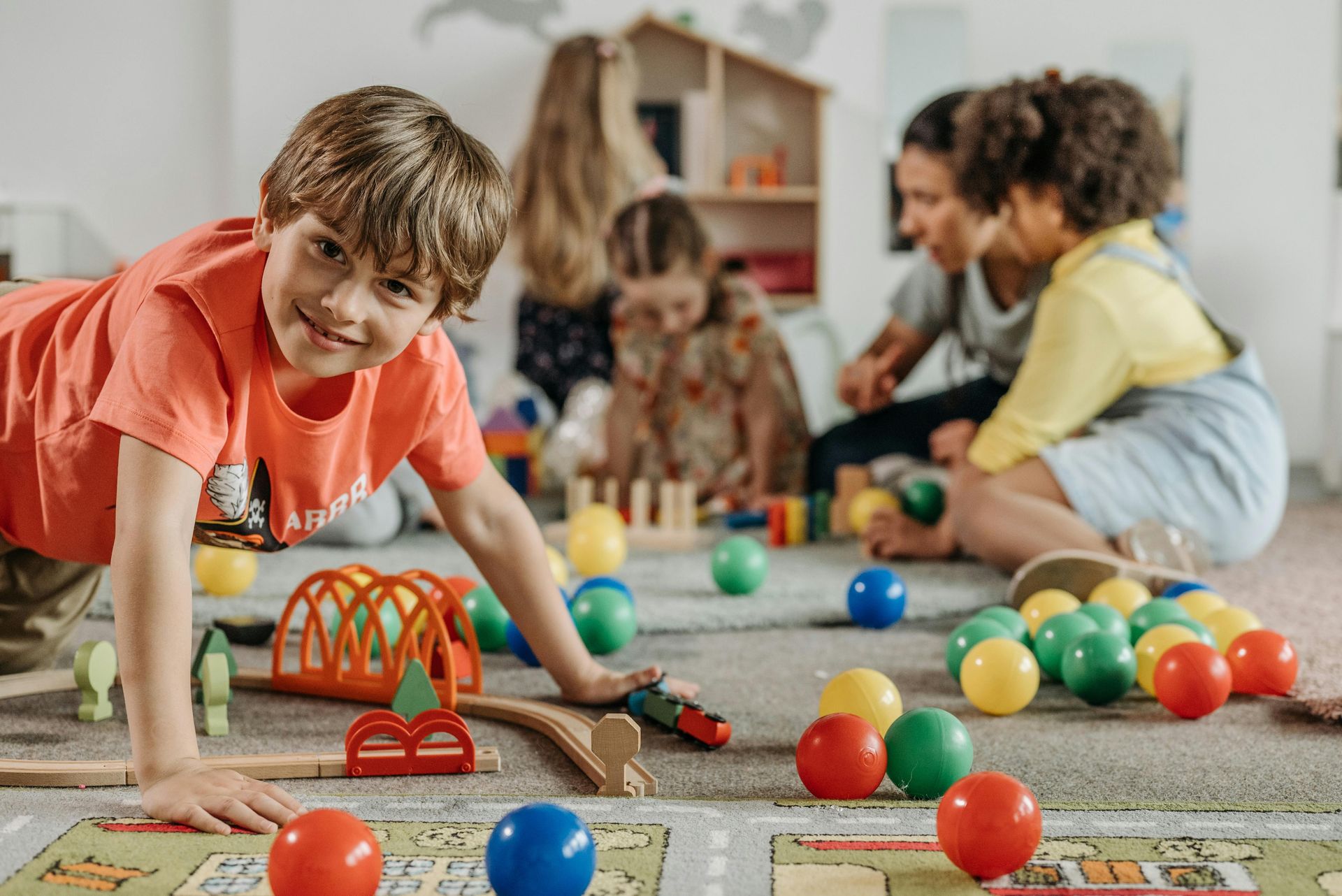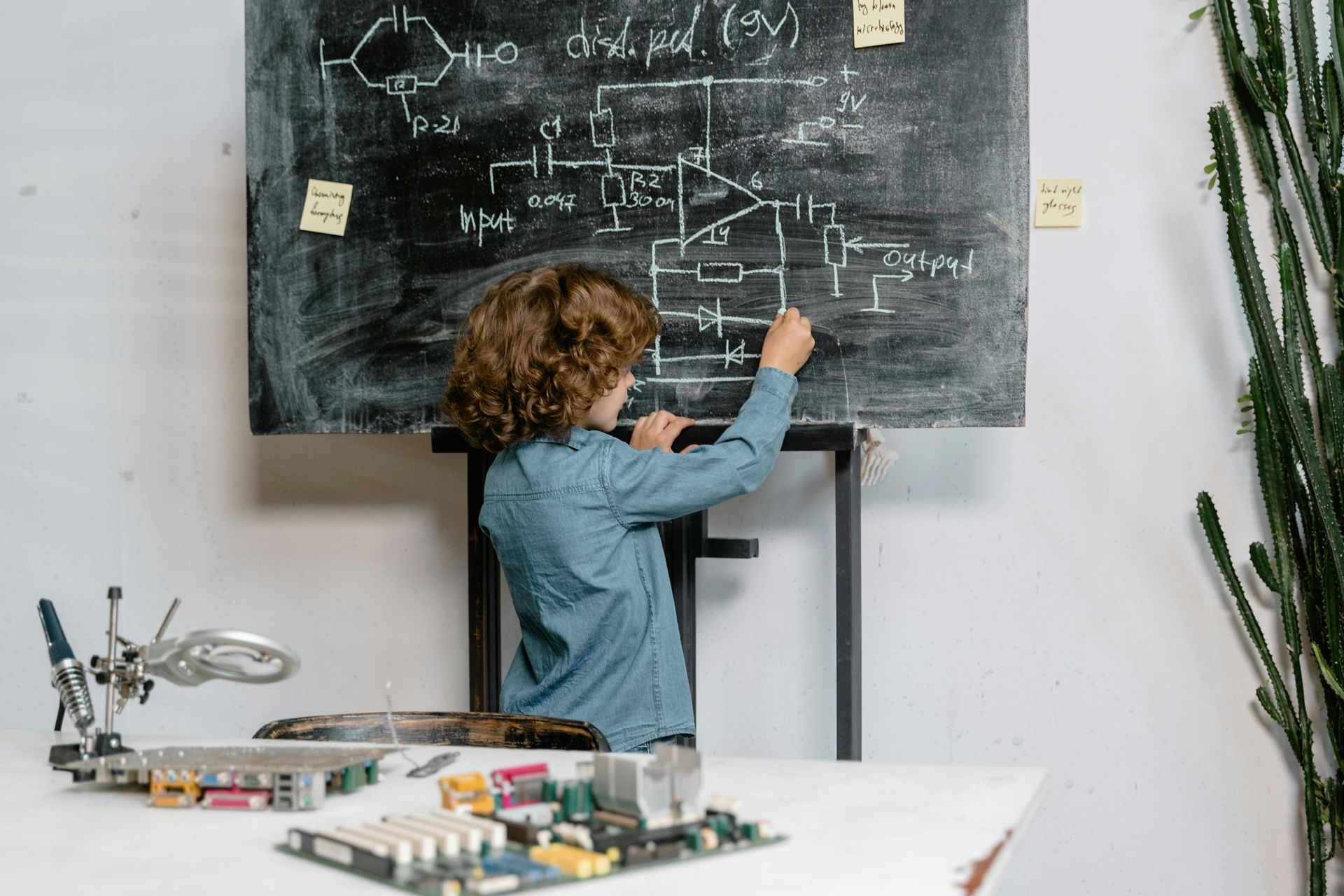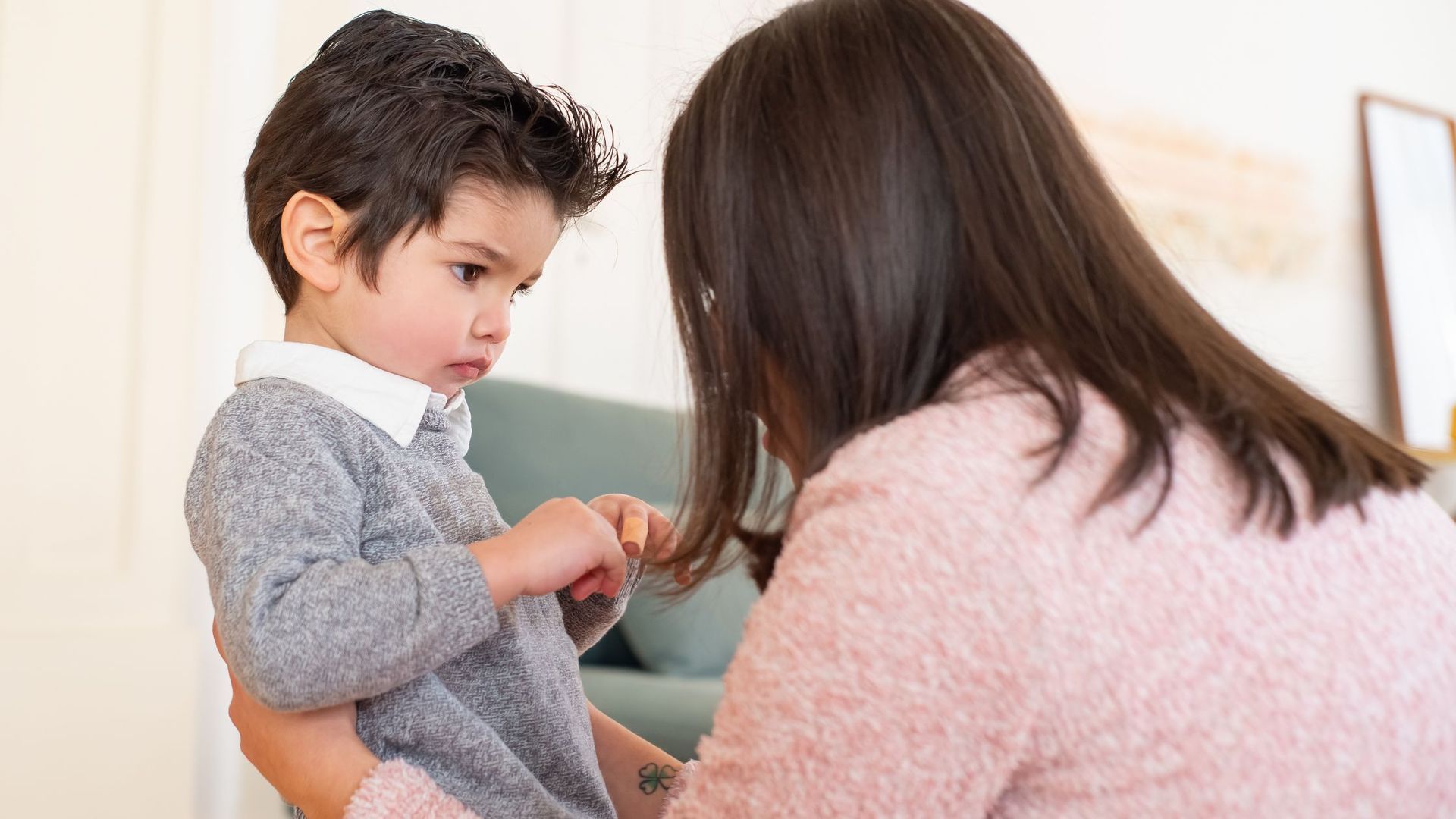How Early Childhood Education Shapes a Lifetime of Learning
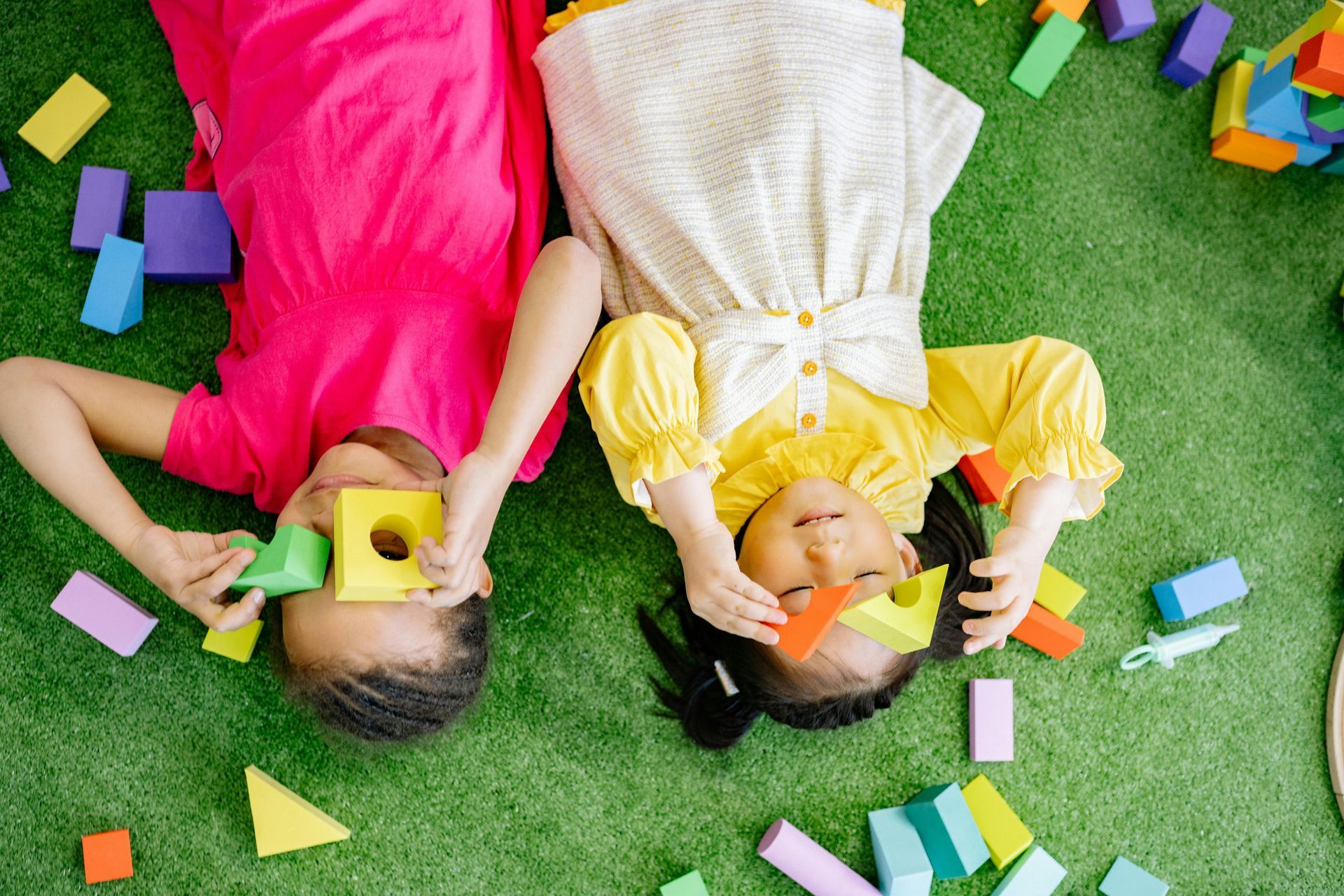
The Power of Early Education
The first five years of a child’s life are among the most critical for cognitive, emotional, and social development. During this time, children absorb knowledge like sponges, forming the foundation for future learning, problem-solving, and social interactions. At Mt. Sinai Children's Development Center (CDC), we believe that high-quality early childhood education is the key to setting children up for lifelong success.
In this blog post, we’ll explore how early education impacts brain development, builds essential skills, and fosters curiosity, creativity, and confidence.
1. The Science Behind Early Childhood Development
Research in neuroscience has shown that early childhood experiences play a vital role in shaping a child’s brain. By the time a child turns three, their brain has formed over one million neural connections per second—a process influenced by their environment, interactions, and learning experiences.
- Cognitive Growth: The more a child is exposed to language, problem-solving activities, and hands-on exploration, the stronger their cognitive development becomes.
- Emotional Intelligence: Learning how to express emotions, recognize feelings in others, and develop self-regulation skills all start in early childhood.
- Social Development: Interacting with peers and educators helps children build relationships, practice communication, and learn cooperation.
At Mt. Sinai CDC, our programs are designed to create enriching learning experiences that nurture all aspects of a child's development.
2. Developing a Love for Learning Through Play
Children learn best when they are engaged, curious, and actively exploring the world around them. That’s why play-based learning is a core part of our curriculum at Mt. Sinai CDC.
How Play Supports Learning
- Dramatic Play: Role-playing activities, like pretending to be a doctor or a chef, help children develop language skills and problem-solving abilities.
- Sensory Play: Activities like playing with sand, water, or textured materials stimulate a child’s senses and build fine motor skills.
- Constructive Play: Building with blocks, assembling puzzles, or stacking objects strengthens spatial awareness, logic, and creativity.
- Outdoor Play: Running, climbing, and playing games enhance physical development, coordination, and teamwork skills.
By integrating structured and free play into our daily schedule, we ensure that children develop skills in a natural and enjoyable way.
3. Language and Literacy: The Building Blocks of Communication
A child’s early exposure to language shapes their ability to communicate, comprehend, and express ideas. At Mt. Sinai CDC, we prioritize literacy and language development through various engaging methods.
Strategies We Use to Build Strong Language Skills
- Reading Aloud: Teachers read books daily to expose children to new vocabulary, sentence structures, and storytelling techniques.
- Conversational Learning: Educators encourage children to express thoughts, ask questions, and engage in discussions, strengthening verbal skills.
- Music and Rhymes: Songs, poems, and nursery rhymes help children recognize sound patterns and improve memory.
- Writing Exploration: From drawing and scribbling to recognizing letters, we help children develop early writing skills in a fun and stress-free environment.
Language is the foundation of future academic success, and we take an interactive approach to ensure every child develops strong literacy skills.
4. Emotional and Social Growth: Building Confidence and Independence
Beyond academics, early childhood education shapes a child’s character, emotional intelligence, and ability to navigate the world. At Mt. Sinai CDC, we help children build confidence, independence, and empathy through intentional teaching strategies.
How We Foster Emotional and Social Growth
- Encouraging Independence: Simple tasks like putting on shoes, cleaning up after play, and making choices help children gain confidence in their abilities.
- Teaching Conflict Resolution: We guide children through social challenges, helping them understand emotions, express feelings, and solve problems peacefully.
- Providing a Safe and Nurturing Environment: When children feel safe, they are more willing to explore, take risks, and express themselves.
- Celebrating Achievements: Positive reinforcement and encouragement help children develop a growth mindset and perseverance.
By nurturing emotional intelligence, we equip children with the skills needed for both academic success and personal fulfillment.
5. Preparing for the Future: The Long-Term Benefits of Early Education
The impact of high-quality early childhood education extends well beyond preschool. Studies show that children who attend strong early learning programs are more likely to:
- Excel in school and develop strong reading and math skills.
- Demonstrate better social skills and handle peer relationships effectively.
- Develop problem-solving abilities that help them tackle challenges with confidence.
- Have higher levels of self-regulation and emotional control.
At Mt. Sinai CDC, we lay the foundation for lifelong learning, helping children become capable, confident, and compassionate individuals.
At Mt. Sinai Child Development Center, we emphasize inclusive education as a key factor in fostering social growth, alongside the crucial role of emotional development in early childhood learning.
Investing in a Child’s Future Starts Today
Early childhood education is one of the most important investments in a child’s future. By providing a rich, engaging, and nurturing environment, we help children build the skills, confidence, and curiosity they need to thrive.
At Mt. Sinai CDC, we are dedicated to creating meaningful learning experiences that inspire young minds and prepare them for success in school and beyond.
